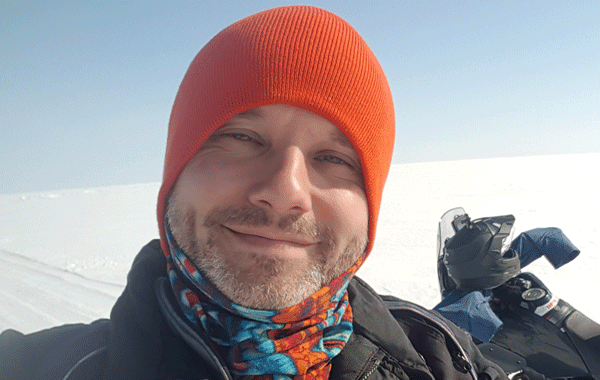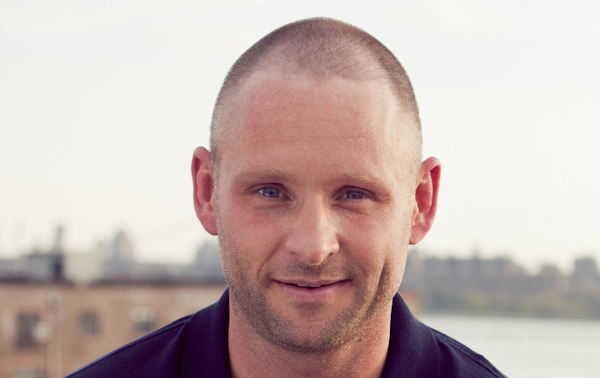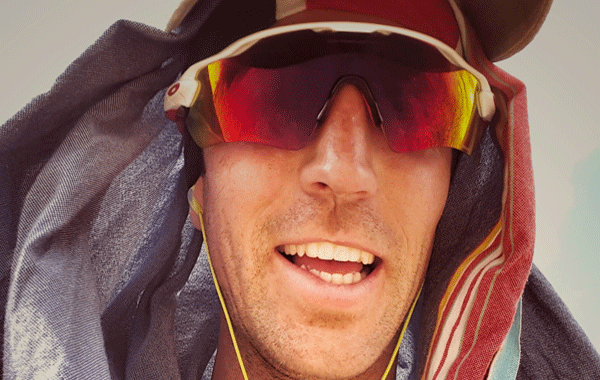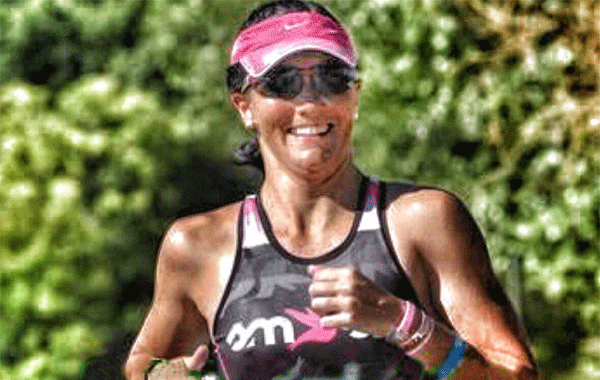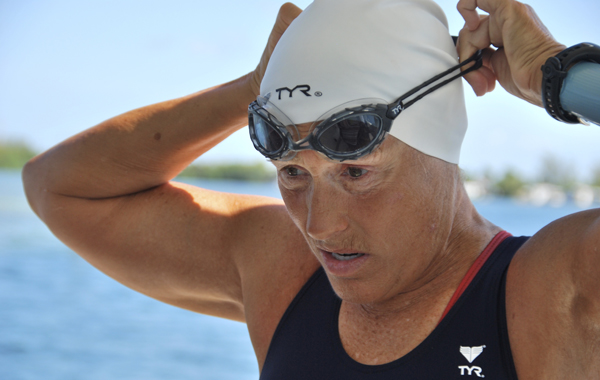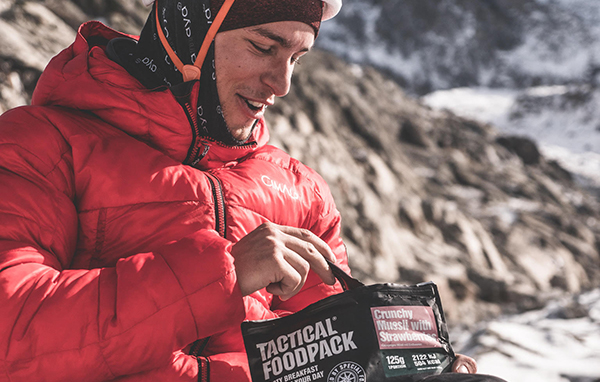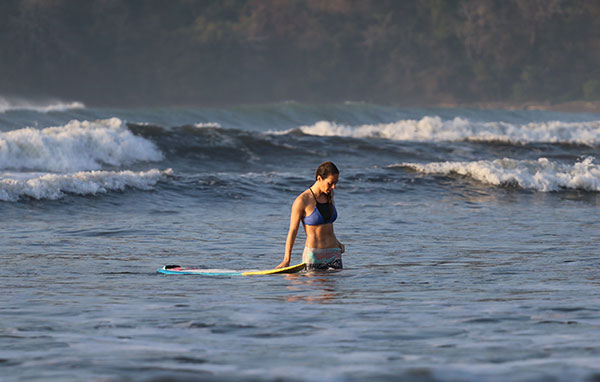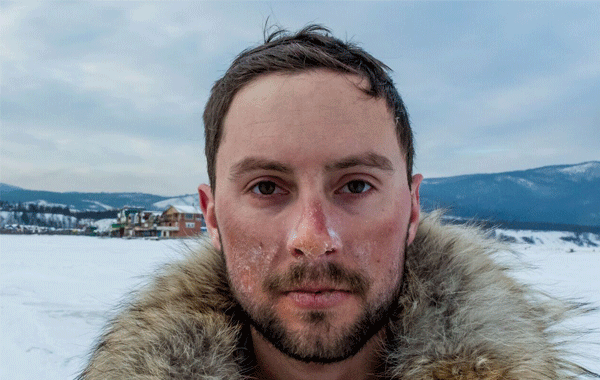
Dr Ash Routen is an explorer and adventurer who has just walked across Lake Baikal.
AS WELL as having a PhD in Science Dr Ash Routen is a born explorer and adventurer. He likes nothing better than setting himself seemingly impossible challenges and writing about them and the outdoors in numerous publications.
His latest challenge saw him walk across the world’s largest frozen lake, Lake Baikal, with fellow outdoor enthusiast Phil Sturgeon. Here he shares with readers his experiences from that 19-day adventure, some of his past expeditions and what challenges he’s keen to set himself for the future.
You recently walked across the world’s largest frozen lake in Siberia. Can you tell us a little bit more about that?
Sure. Last month, my teammate, Phil Sturgeon, and I, walked 634 km across the world’s largest frozen lake – Lake Baikal. The route we took is equivalent to walking from London to Edinburgh, or doing 15 back-to-back marathons. We had a truly amazing experience. The scale, extremes of weather, and creaking and groaning of the ice on Lake Baikal were mind-blowing. It’s an extremely beautiful place, and the Siberian people were so welcoming and supportive. It was difficult and humbling, and so we now know a lot more about ourselves and our own capabilities.
We typically walked for eight to 12 hours per day, and experienced temperatures down to -35 and below with wind chill. We ate around 5,000 calories per day to maintain the necessary strength to pull the two sledges each, which contained around 80 kg of supplies to complete the journey.
Most of the time we were walking across large areas of uncovered ice (no snow cover), or snow covered ice, but we occasionally had to negotiate small sections of open water, as well as ice rubble formed by colliding sheets of ice. We also stayed in a series of remote hut’s where we even saw a bear who was scared off with gunfire by a local ranger!
What inspired you to set yourself such a challenge?
I’ve been active in the outdoors for going on twenty years, mainly hillwalking, but I’ve also dabbled in rock climbing and cycle touring among other things. But in terms of inspiration, there was a turning point in 2015. My girlfriend gave me a book that tells the story of Douglas Mawson’s ill-fated Australasian Antarctic Expedition in 1912. Mawson had an awfully hard time with his two companions perishing, and food running out to the extent that they butchered and ate their sled dogs. He just about survived, and his story is on one side pretty harrowing, and on the other quite captivating. Something about the account of his travails stirred up long held thoughts of going on expeditions to the colder places of our planet. So in 2016 I did a polar training course in Norway, and in 2017 I went back to Norway by myself. After this I felt ready for a decent sized polar style trip.
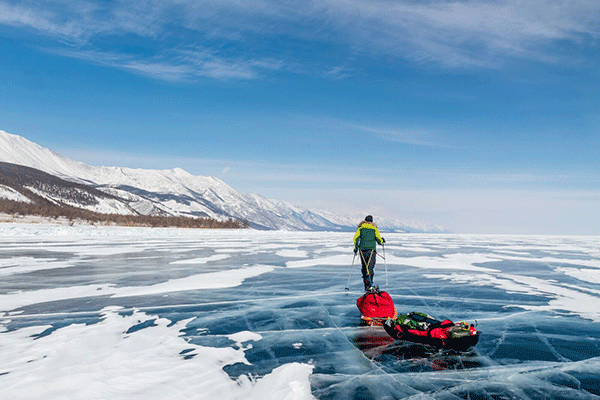
Dr Ash has been setting himself outdoor adventure challenges for 20 years.
Tell us about the exact route you took, who you took on the challenge and how you prepared for the expedition?
Departing from the southern shores of Lake Baikal at Listvyanka, we walked along the western coast of the lake, before negotiating Olkhon island, and finishing in Severobaikalsk at the top of the lake. From here we took a two day train journey across Siberia back to the city of Irkutsk and our departure point.
My teammate was Phil Sturgeon, a plumber from Nottingham. I met Phil on a previous expedition to Arctic Norway. He’s completed one of the world’s toughest endurance races – the Spine race and is also a regular hill walker and rock climber. Phil’s harder than a coffin nail and a good deal stronger, heavier and fitter than me – so he was a great teammate. Surround yourself with people more capable than yourself and you’ll be okay!
It took a whole heap of preparation, which lasted for nine months or more. The main areas to prepare for were of course physical, mental and technical. Regarding the physical in all honesty I didn’t follow an evidence-based or regular strength and conditioning training programme (I must hang my head in shame here as I work in the National Centre for Sport and Exercise Medicine!). I did get out dragging a tyre around local farmland and getting out for a walk in the hills or a run ad hoc. Phil recently got into cross fit, and he was getting out walking and trail running in the hills when he could.
Before this trip, I’d been on two similar but shorter trips to Norway, including a polar training course, and this layered on top of going out in the British hills in all weathers left me confident that mentally I had the experience of knowing what it is like to suffer a little, and feel ‘out there’. It didn’t mean there weren’t moments where I didn’t feel scared, or that it wasn’t challenged mentally on the hard days – but a good general outdoor grounding does give you some reserves to draw on mentally I feel.
Tell us about your work as a postdoctoral exercise scientist and how much does your dedication to your career consume in terms of your time and energy?
I work at Loughborough University, mainly conducting research into physical activity, health and educational outcomes in children. For example I’m currently exploring the utility and impact of physically active lessons in the classroom for primary school teachers and children. Among other things my previous work has involved wearable sensor technology to measure levels of physical activity and sitting in children and adults, and how the food environment impacts on people’s food purchasing habits.
Dedication is the right word. It can take up not just your work time, but also your free time. Academia is generally held in a dim view by the ‘outside’ world, but it is quite a demanding career. I liken the process of becoming of an academic as being akin to turning professional as a footballer. The chances of making it are slim, and you now have to excel across many areas – research, writing, teaching, public communication and enterprise. Further if you’re at a high ranking institution, then there is an expectation that you progress towards becoming world class in your field. Sounds like pressure, but it’s allowed me to work with great people, publish globally and travel the world.
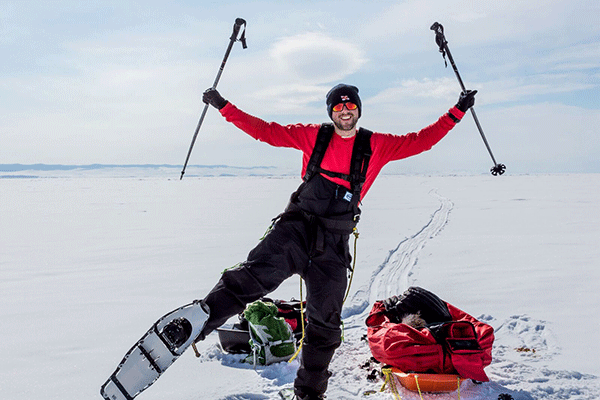
Dr Ash finds time for a fun snap during his epic walk across Lake Baikal.
What are some of your other most memorable adventures?
One in particular sticks out. I had a great time cycling self-supported from Portsmouth to Montpellier with my mate Ant back in 2009. It was the usual cycle touring trip, camping in farmers fields, washing in a river etc. It was however made all the more special as we timed our trip to coincide with the Tour de France. A day before the riders we headed up Mont Ventoux and bivvyed out at about 1km or so from the finish line and waited for the next day’s stage. There were estimated to be 600,000 other people on the mountain the next day. It was a big deal as it was Lance’s (Armstrong) comeback year, and he was in a head-to-head battle for the yellow jersey with the young pretender and teammate Alberto Contador. I’ll never forget the roar as the riders appeared around the corner. Armstrong, Contador, Wiggins, Cavendish, Schleck, Martin etc. were in touching distance. For me the tour IS the greatest sporting spectacle on earth, and seeing it up close was pretty memorable. Vive Le Tour!
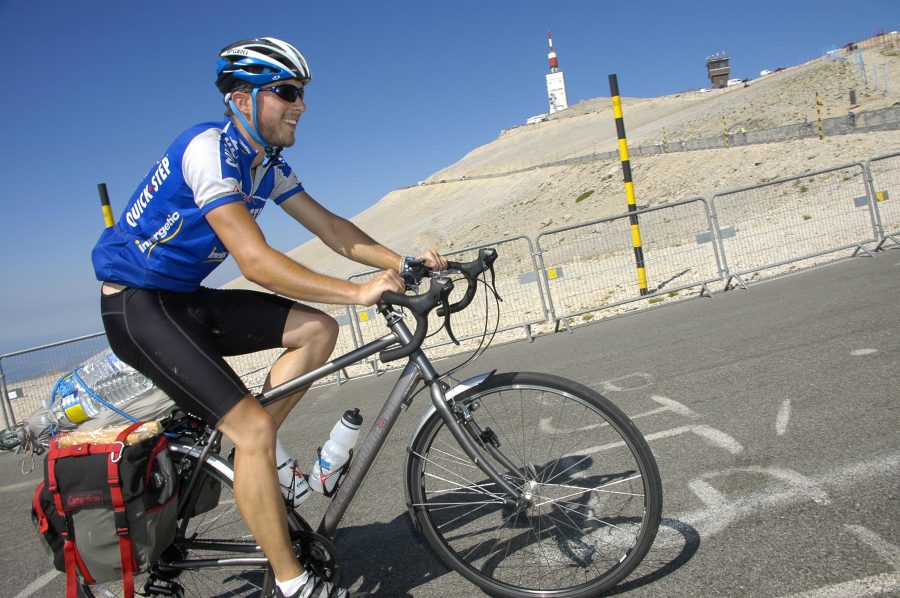
Dr Ash on the France Cycle Tour 2009.
Tell us about how you combine your passion for writing with your love of adventure? What can our readers expect from your writing style and where can we find some of your work?
Not unlike a lot of other folk who like going on adventures, I feel a need to share the stories and feelings I gather along the way. If you’re lucky enough to have these experiences, it’s nice to share them with other’s so they can in some way vicariously experience a little of what you felt and saw. I’ve always made silly videos and facebook posts for friends and family, but I only seriously took up writing in the last two years. I’m still learning how to transfer my academic writing skills over, so I would say my writing is straightforward with a penchant for the evocative/emotive touch. I’ve written for UK Hillwalking, Explorers Web, New Zealand Adventure Magazine and Active Magazine in the last year, and you can see samples on my website.
What have you got planned for after the Lake Baikal expedition and do you have any adventures or other expeditions lined up for later in 2018 and beyond?
I’d love to head to other frozen lakes. There are some that haven’t been crossed by Brit’s, or indeed by anyone at all. In terms of plans for the rest of 2018 I’ll be doing things closer to home. In 2016 I did the welsh three peaks self-drive from home in Leicester in 16 hours (home to final summit), so I’d like to see if I could shave some time off of that. Those sort of things.
How will our readers be able to follow you and your adventures?
You can follow me via Twitter @ashrouten and my website www.ashrouten.com.

